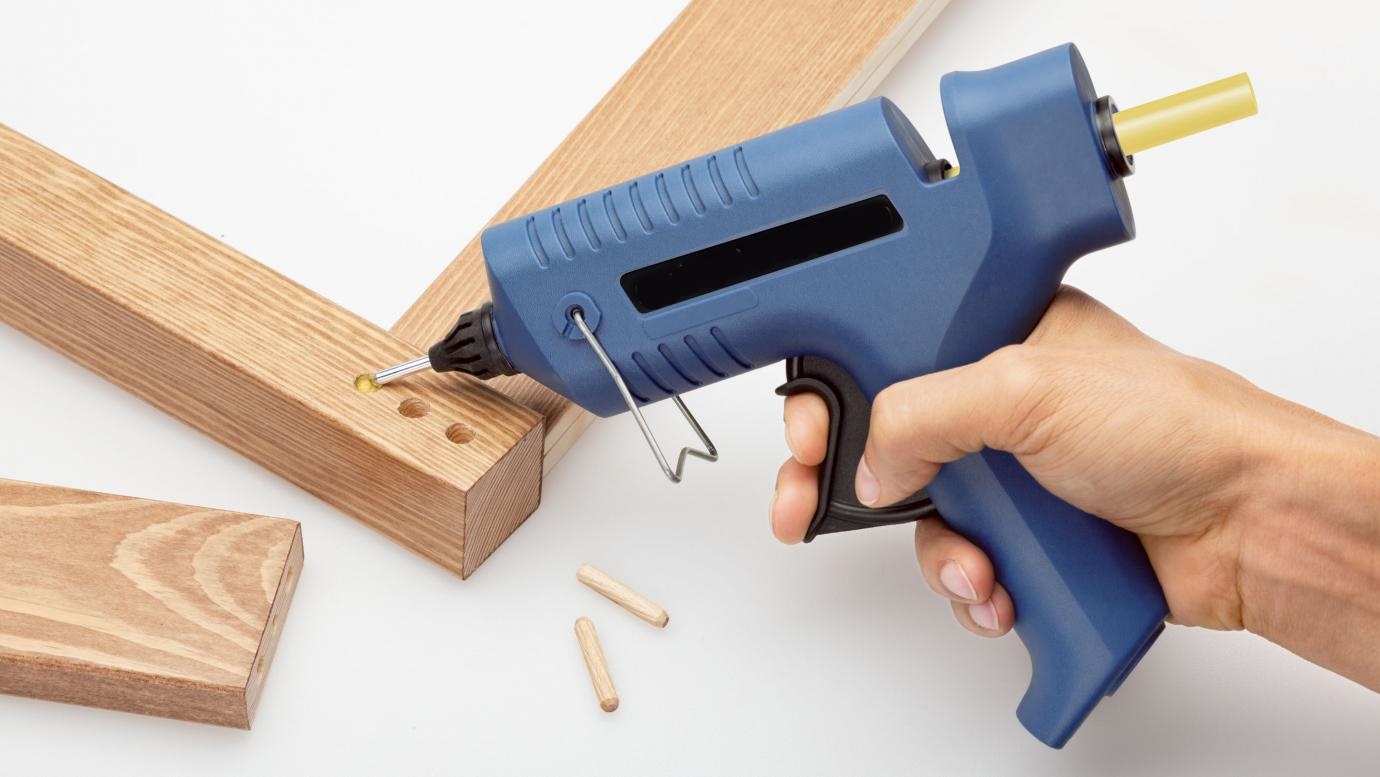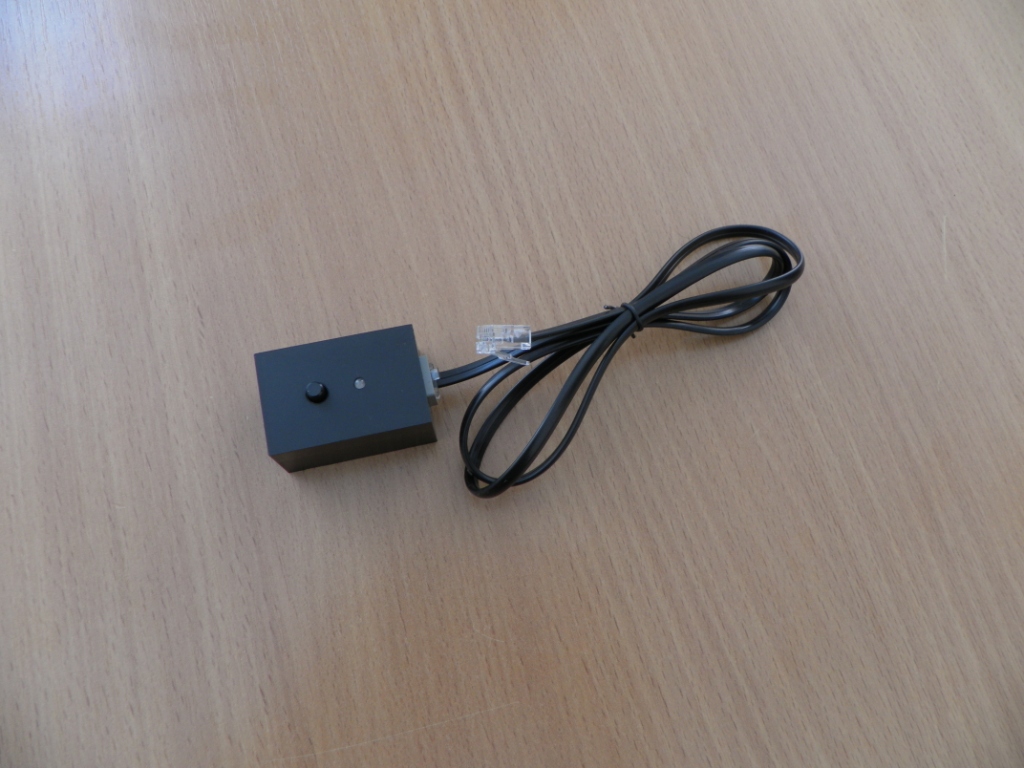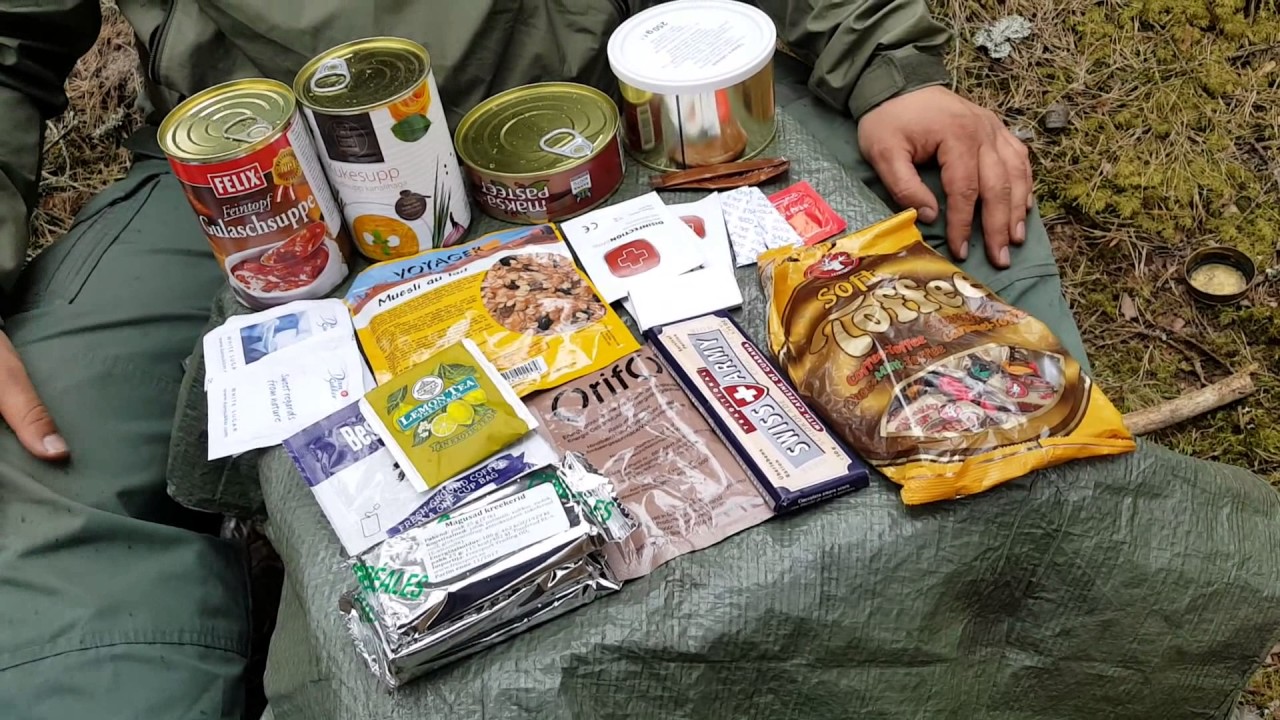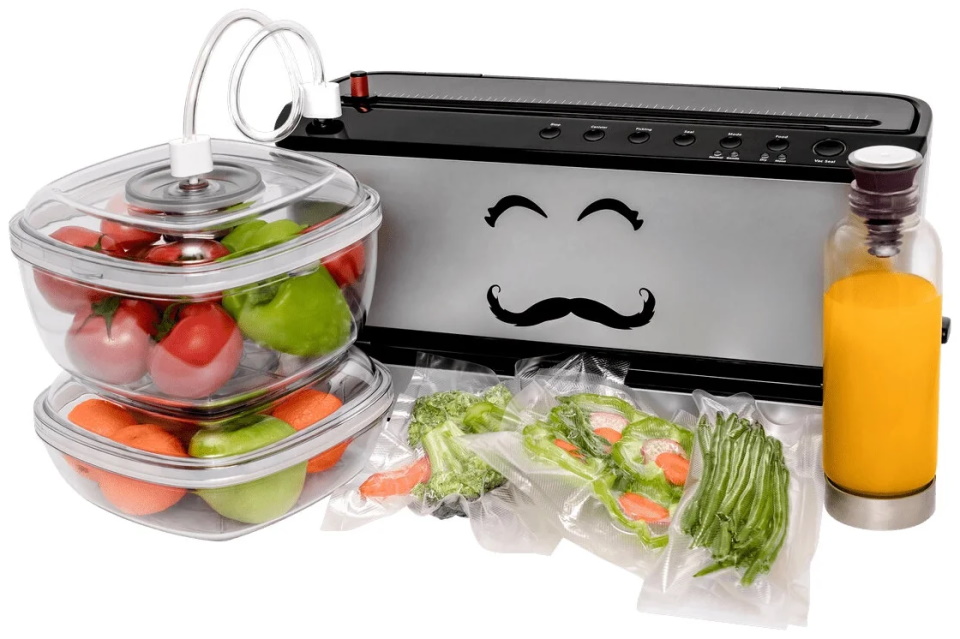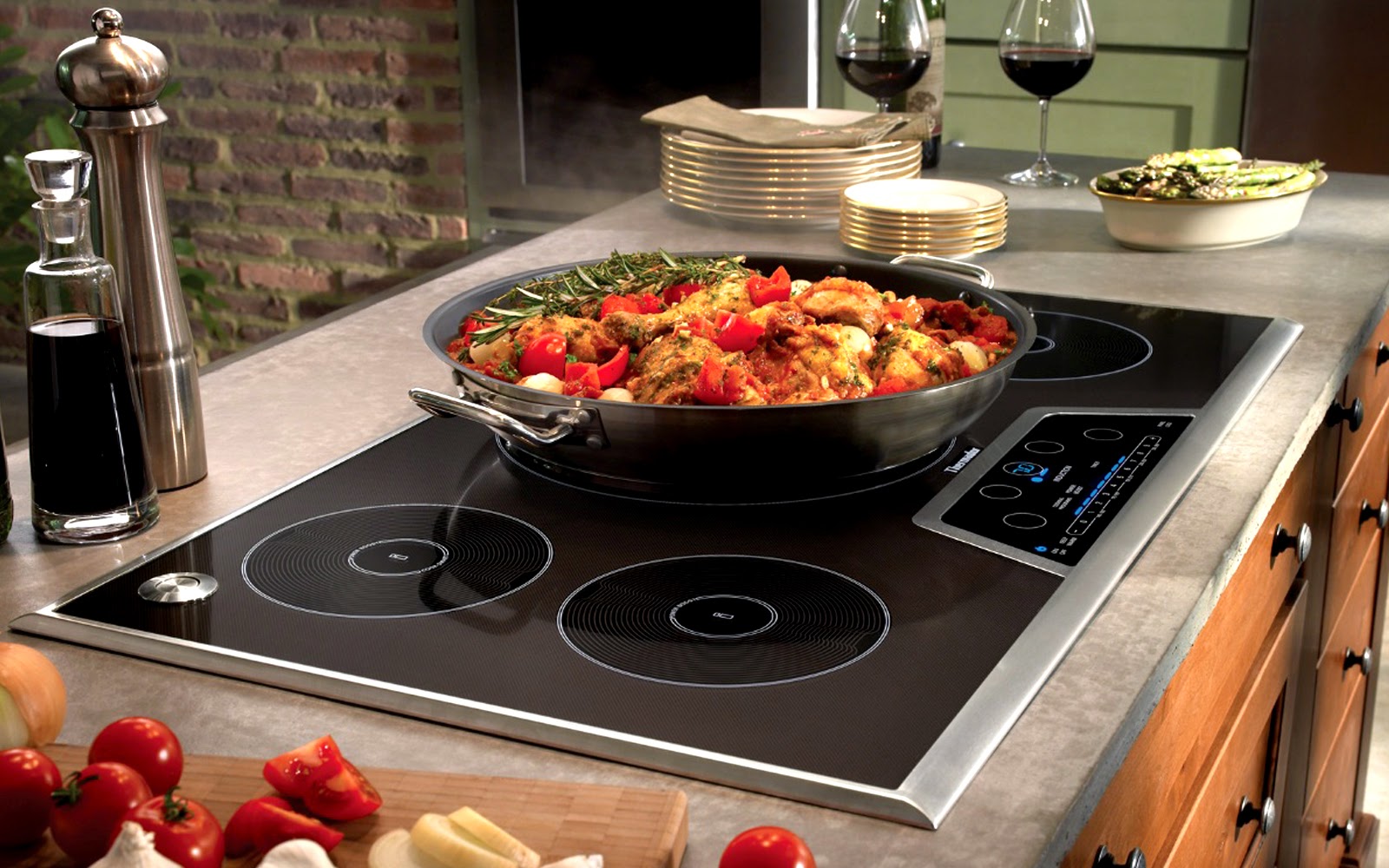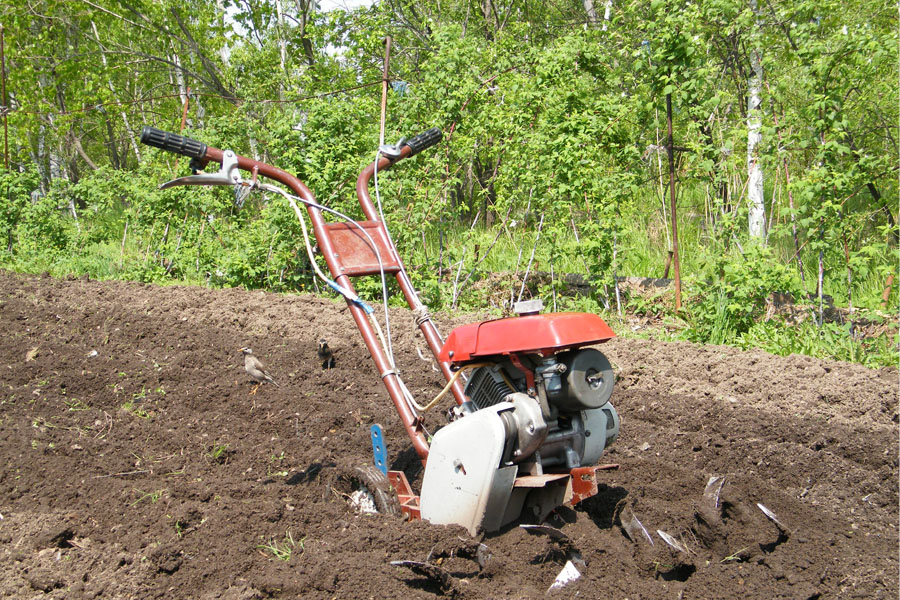Ranking of the best hedge plants for 2022
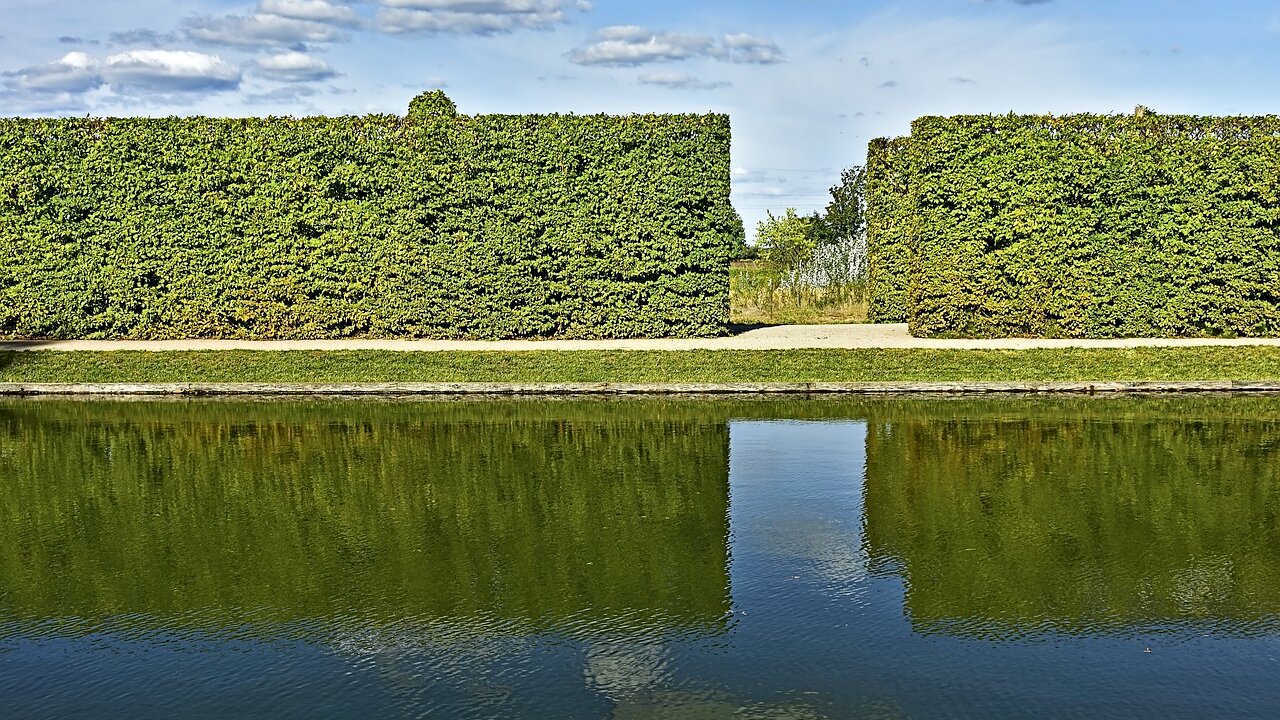
Hedge - replacement of wooden, stone fences, protection from prying eyes, garden decoration. Looking through the ranking of the best hedge plants for 2022, you can choose the right plants for cost, flowering, growth rate.
Content [Hide]
- 1 What are
- 2 How to choose
- 3 Ranking of the best hedge plants for 2022
- 3.1 Annuals
- 3.2 Deciduous shrubs
- 3.2.1 5th place Viburnum viburnum Nugget, Saplings, C3 (3 liters), ZKS
- 3.2.2 4th place Belgium Plants Van. Boxwood evergreen
- 3.2.3 3rd place Buddleya (Autumn lilac) David Border Beauty, Saplings, C2 (2 liters), ZKS
- 3.2.4 2nd place Barberry Thunberg Rose Glow, pack. seedling, 1pc
- 3.2.5 1st place Gray spirea (Bride) Grefsheim, Large size, C10 (10 liters), ZKS
- 3.3 Ephedra
- 4 Conclusion
What are
Functions of a plant wall: protective, site zoning, aesthetic.
Green fences are distinguished by the parameters:
- Height (up to 60 cm, 1-2 m, above 2 m).
- Width (number of rows).
- Appointment (curb, outdoor, landscape).
- Plants (vines, shrubs, conifers, flowering, evergreen).
Sizes from 40 to 60 cm are suitable for borders, 1-2 m - zoning of sites, more than 2 m - external fencing (protection from dust, road noise).
Planting width depends on crown density. There are landing options: one line, staggered order, 2-3 rows (change of low, medium varieties).
There are types of landings in appearance: molded (can be cut), not requiring shaping.
Plants
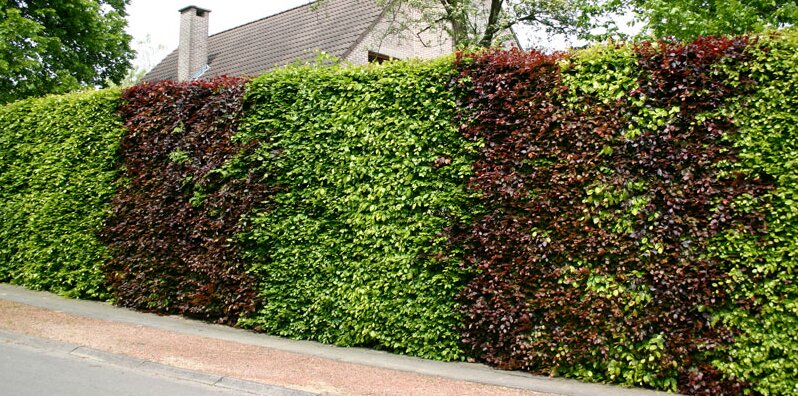
The selection of plants should be carried out by category:
- destination, place of disembarkation;
- annual, perennial species;
- requirements for the type of soil, illumination, watering;
- resistance to fungal diseases, insect damage;
- growth rate;
- the presence of flowering, fruits.
Of great importance is the place: permanent residence (private house), temporary (rented building, summer cottage). A temporary hedge for one season can be made up of annual varieties (bindweed, morning glory, sweet peas, nasturtium, ornamental beans). Advantages of annuals: fast growth, bright colors of flowers, planting new flowers every year.
Perennials are divided into types:
- Shrubs (deciduous, evergreen).
- Lianas.
- Coniferous.
- Trees.
The most unpretentious - bushes. For vines, you need support - a grid, poles with wire.Flowering roses, berry bushes, coniferous species require top dressing with mineral complexes, treatment from pests (insecticides), fungal diseases (fungicides).
shrubs
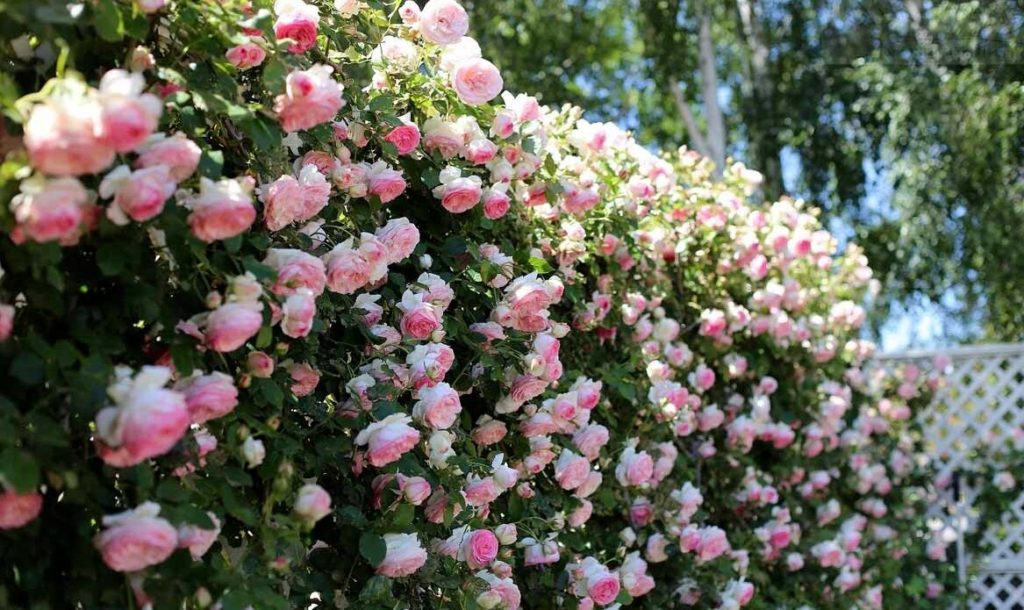
Shrubs are distinguished by the density of foliage, the ability to form a crown, the presence of inflorescences, berries. There are three types of bushes:
- dense foliage - boxwood, spirea, euonymus, privet;
- blooming - climbing roses, hydrangea, action, decorative honeysuckle, lilac;
- fruit - pyracantha, dogwood, hazel, blackberry.
Variants with dense foliage can be formed, thinned out. Many species have sharp spines - barberry, pyracantha, blackberry. Some varieties have medicinal fruits, stems (schizandra).
Advantage: unpretentiousness, fast growth, low price, the possibility of propagation by shoots, dividing the bush.
creepers
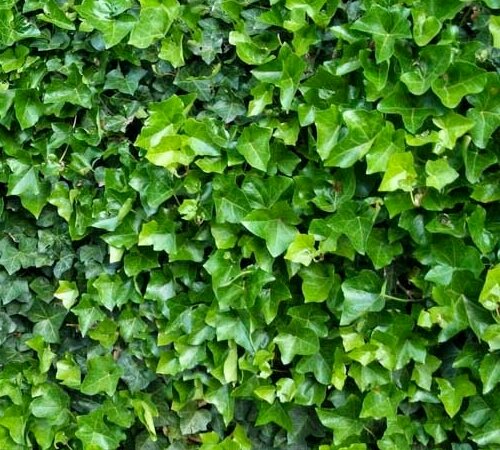
Perennial vines have strong stems that wrap around, cling to a support, wooden, brick surfaces.
Popular creepers:
- Ivy - there are deciduous, evergreen options, unpretentious, grows in the sun, shady areas.
- Clematis - up to 5 m long, has a variety of flower colors, does not like wetlands, acidic soil.
- Maiden (wild) grapes are frost-resistant, in autumn the green foliage becomes crimson, burgundy.
- Schisandra chinensis - grows up to 13-15 m, loves shady places, has medicinal fruits.
- Wisteria - blooms for 5-6 years, drainage is needed, shelter in winter in the first year.
Differ in slow growth after planting, builds up the root system. Rapid growth - for 2, 3 years. All vines require care - constant pruning, shaping.
Conifers
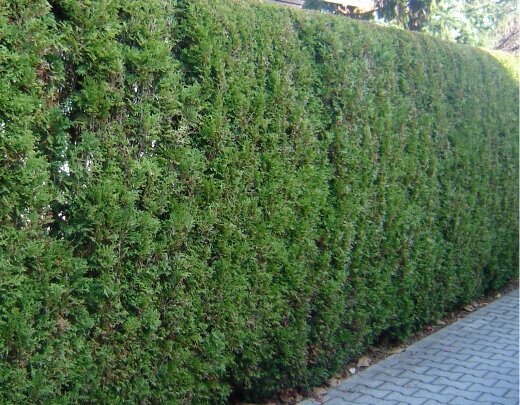
Evergreens are popular because of their beautiful appearance in all seasons.
Pros: spectacular appearance, good protection, pleasant smell of needles, phytoncides. Cons: slow growth, care (pruning, pest control), high cost.
Popular conifers: fir, spruce, thuja, juniper, boxwood, cypress.
Trees
There are two types of trees: deciduous, flowering. Grow more than 2-3 m. Protect from noisy roads, railway crossings from dust, noise. Cons - hard to cut after a few years, obscure the site.
Popular representatives: small-leaved linden, maple, berry apple tree, cherry plum.
How to choose

When choosing suitable plants, it is worth deciding on the basic rules:
- Choose a place.
- Decide on the conditions (type of soil, proximity to groundwater, light, dark place).
- The quality of support for vines, climbing species.
- Draw up a project (layout, number of seedlings, seeds).
- Determine the height, density, growth conditions, the presence of inflorescences, berries, fruits.
- Familiarize yourself with the range of online stores, web pages of nurseries.
- Calculate the number of seedlings needed.
- The cost depends on the type of root system (open OKS, closed ZKS), age.
- Read customer reviews about the seller, the quality of the goods, the possibility of exchange.
Do not choose varieties with poisonous (privet, yew berry), inedible berries (ornamental honeysuckle, barberries), if there are children in the family.
Flowering varieties can attract a large number of insects (bees, wasps).
The best survival rate in plants with a closed root system (earthen ball), age up to 3 years, growth up to 1 m.
Mixed options look beautiful: thuja and juniper, privet and boxwood.
Ivy should not be planted with others, it can drown out flowering species.
Ranking of the best hedge plants for 2022
The review is based on customer reviews of online stores, nurseries. Groups are distinguished: annuals, deciduous shrubs, conifers.
Annuals
Buy seeds or seedlings. Early planting, growth, flowering - seed germination in cups, greenhouse. The main advantage is fast growth, bright flowers, low prices. May be used with perennials as long as they grow to the desired length.
3rd place Nasturtium Diamond 1 g
votes 0
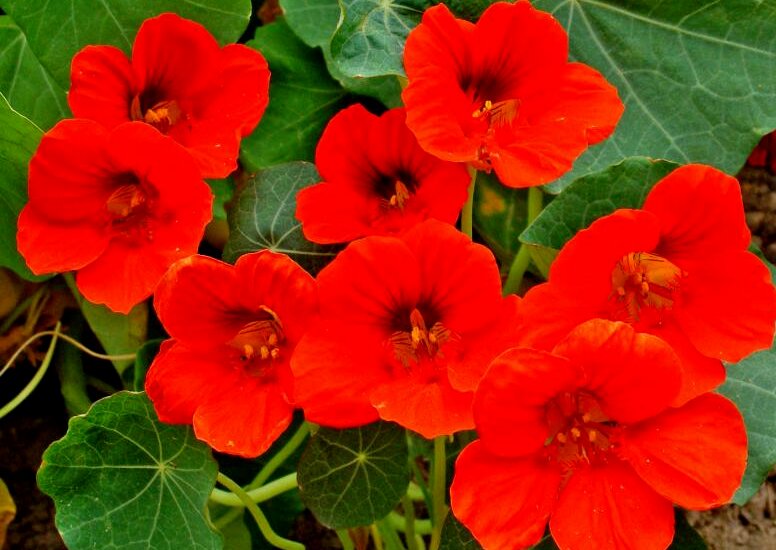
Price: 17 rubles.
Producer - Russian LLC "Your Economy".
Peculiarities:
- height 3 m;
- dark red flowers, diameter 5-6 cm;
- sunny places;
- landing April-May;
- bloom until frost.
Seeds should be soaked for 12-24 hours before planting. Plant to a depth of 15-20 mm, 1-2 pieces. Open ground - May-June (seeds of 3-4 pieces), every 20-25 cm.
It is used as an ampelous, vertical gardening.
Video tips for growing and caring for the plant:
- large flowers;
- round shape of the leaves;
- leaves are used in salads (source of vitamin C);
- blooms until the first frost;
- there are different colors;
- low price.
- not found.
2nd place Ipomoea Stars of Spain col. 1 g
votes 0

Cost: 15 rubles.
A product from Premium Seeds.
Differs in large heart-shaped leaves, large buds, constant flowering.
Coloring: pale pink, lilac, purple, blue, white.
Characteristics:
- bud diameter 10-12 cm;
- height 2-3 m;
- strong stems.
Plant in a sunny, wind-protected place after 25-30 cm. Can be germinated for seedlings. Seeds are soaked for 20-24 hours. Germinates in 1-2 weeks at a temperature of +17-+18⁰С.
Ipomoea from planting to flowering:
- varied color;
- large leaves;
- continuous flowering;
- strong stems.
- it is difficult to clean the mesh from old stems.
1 place Sweet Pea Salmon 0.5 g
votes 0

Price: 19 rubles.
Seeds from LLC "Your Farm".
They differ in unusual color of flowers, pleasant aroma.
Properties:
- height: 160-180 cm;
- salmon buds 4-5 cm;
- inflorescences - brushes.
Can be sown in open ground (May), seedlings (March). Before sowing, pour water at 40-55 ⁰С overnight. Make holes in 25-30 cm. You can cut segments for bouquets, plant them near supports, balconies, arbors.
All about growing sweet peas:
- rare coloring;
- brush inflorescences;
- pleasant aroma.
- not found.
Deciduous shrubs
5th place Viburnum viburnum Nugget, Saplings, C3 (3 liters), ZKS
votes 0

The cost is 765 rubles.
Variety "Nugget" (Nugget) has sprawling branches, drooping appearance. Differs in interchangeable color of foliage: lemon, yellow, green. It blooms in summer (June, July) with large spherical inflorescences, consisting of small white, pale pink flowers.
It grows on any soil, in bright, shady places. Dimensions (cm): width - 100, height - 200-300.
Feature: soil fertilizers are not required, it is frost-resistant, undemanding leaving.
Frost resistance zone 4 (Moscow region, most of Russia).
Video tips for growing a plant:
- there are varieties of different colors;
- simple pruning;
- any soil;
- resistant to diseases, pests;
- tolerates heat, frost;
- fast growth.
- not found.
4th place Belgium Plants Van. Boxwood evergreen
votes 0
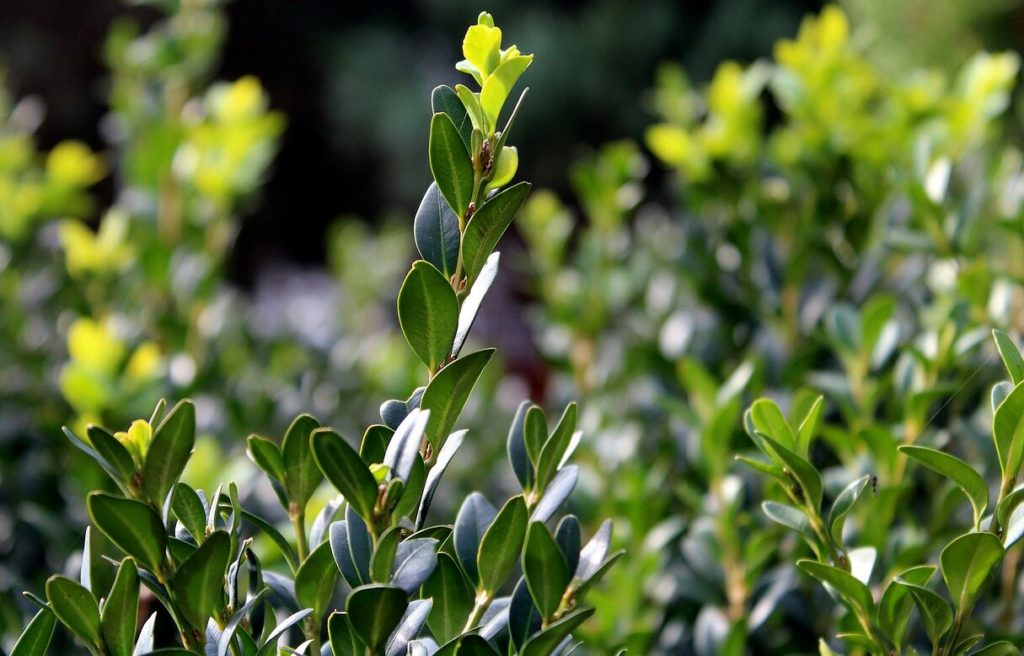
The price is 439 rubles.
Seedlings 15-10 cm tall.
Evergreen, has small leaves (2-3 cm).The leaves are ovoid and have a characteristic odour. The type of root system is uric. It grows up to 3-4 m. An adult plant (after 10 years) blooms in spring (March) with small yellow flowers.
Used as a border, vegetable fence. It tolerates a haircut, you can form a variety of shapes. Differs in slow growth - 40-50 mm per year.
Landing: permeable clay soils. The distance between seedlings is 40-60 cm.
Tolerates frost: USDA zone 5–9.
Video on how to cut boxwood:
- evergreen;
- dense greens;
- easy to cut;
- universal application.
- preventive treatment from pests (ticks);
- slow growth.
3rd place Buddleya (Autumn lilac) David Border Beauty, Saplings, C2 (2 liters), ZKS
votes 0
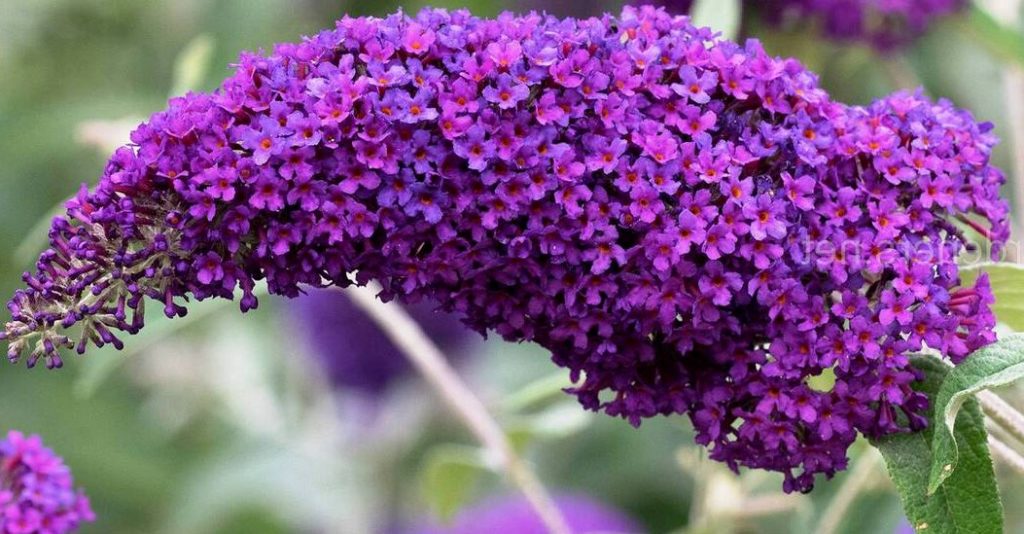
The price is 808 rubles.
Buddleya varieties Border Beauty (Border Beauty) grows in lit places, the soil is loose, fertile. Attracts with narrow leaves, racemose inflorescences, similar to lilacs. The color of the brushes is raspberry. The aroma is sweet, honey. The second name is a magnet for butterflies.
It has a long flowering: from July to October. Grows up to 1.6-1.8 m.
Additional watering - dry summer. Pruning, shaping - in the spring. Shelter of the root zone - winter.
Frost resistance - zone 4.
Video tips for growing and care:
- attractive appearance;
- long flowering;
- different coloring;
- resistant to diseases, pests.
- additional watering.
2nd place Barberry Thunberg Rose Glow, pack. seedling, 1pc
votes 0

The price is 284 rubles.
Rose Glow barberry grows up to 1.4-1.5 m. The main difference is the bright purple color of the ovoid leaves.The shape of the shoots is vertical, faceted, dark red in color, there are single spikes.
Flowers yellow-red, 15 mm, collected in 3-4 pieces, bloom in spring (May). Bright red inedible oval-shaped fruits (diameter 8-10 mm) ripen in autumn (September, October).
Landing place: sun, partial shade. Shade is the pale color of the foliage.
It tolerates drought, wind, polluted air, spring pruning.
Frost resistance zone - 5.
Care video tips:
- bright appearance of foliage, shoots;
- red fruits are food for birds;
- drought-resistant.
- pest control.
1st place Gray spirea (Bride) Grefsheim, Large size, C10 (10 liters), ZKS
votes 0
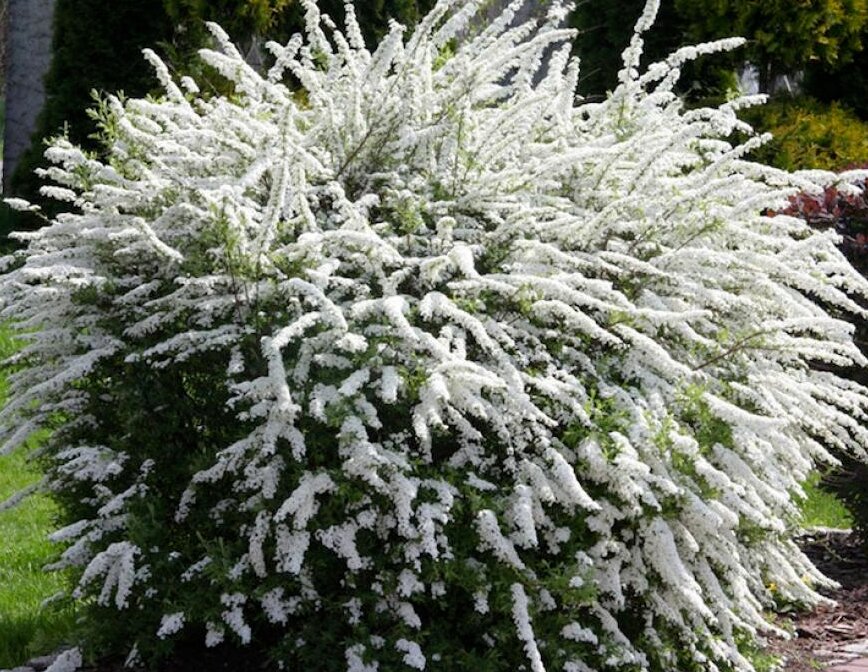
The cost is 765 rubles (3 liters), 1.275 rubles (10 liters).
The gray spirea of the Grefsheim variety is distinguished by arched shoots covered with a large number of double white buds when flowering. Buds: dimensions - 1 cm, umbrella inflorescences. Duration - 40-45 days. Pleasant floral scent.
The leaves are small (20-40 mm), lanceolate. Coloring - gray-green (summer), golden (autumn).
It is characterized by rapid growth, unpretentiousness to the type of soil, frost and drought resistance. You can cut, form the desired width.
Dimensions of an adult plant (m): height - 1.8-2, crown diameter - 1.2-1.5.
Frost resistance zone 4.
Plant care:
- early, abundant, long flowering;
- fast growth;
- any soil;
- resistance to fungal diseases, pests;
- easily propagated by shoots, dividing the bush.
- not identified.
Ephedra
4th place Common Juniper Hibernica
votes 0
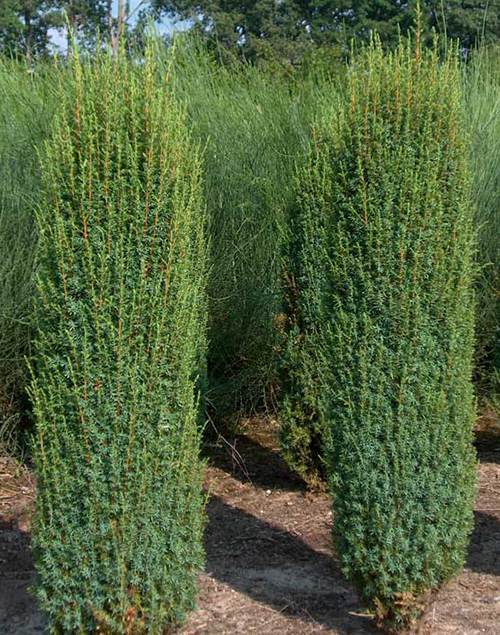
The cost is 329 rubles.
It has a cone-shaped, narrow crown shape.The branches are covered with soft, bluish-green needles. The direction of shoot growth is strictly vertical.
Parameters (m): length - 3-5, width - 1-1.5.
Place of landing: sunny, partial shade. Dark zones - a loose crown, a change in the color of the needles.
It tolerates air pollution, high temperature, soil moisture.
Frost resistance - zone 4 (frosts -30-35⁰С).
How to prevent juniper from drying out - in the video:
- sophisticated look;
- vertical branches;
- soft needles;
- withstands heat and cold.
- pest control;
- slowly growing.
3rd place Mountain Pine Mugus
votes 0
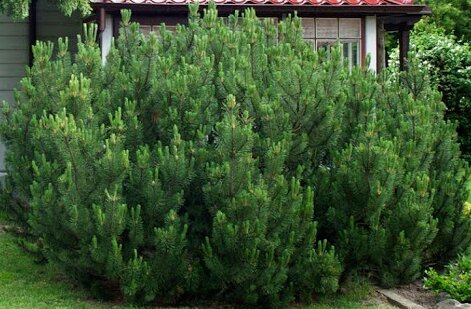
The price is 349 rubles.
Distinguished by a shrubby, creeping crown. Short shoots have a vertical direction. Needle-shaped, dark green needles are collected in 2-3 pieces. Cone-shaped, light brown cones appear after 6-7 years.
Parameters (m): length - 2.5-3, width - 3.5-4. Annual growth - 100-120 mm.
It tolerates frost, drought, heat well. They sit in bright places. Soil type - any. Heavy - add sand.
You can form a pillow-shaped, spherical crown.
Frost resistance - zone 3 (frost -40⁰С).
The nuances of planting and caring for mountain pine - in the video:
- attractive crown;
- decoration - cones;
- not sick;
- tolerates drought and frost.
- reduced disease resistance in dark places.
2nd place Thuja western Smaragd
votes 0
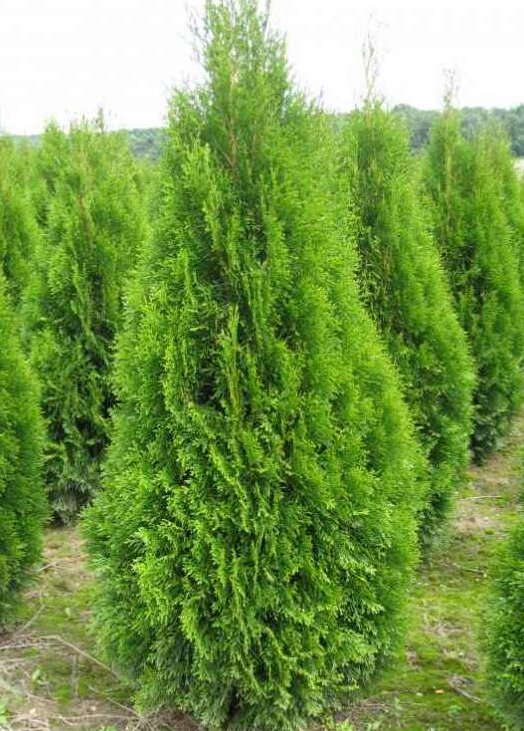
The price is 299 rubles.
It has a pyramidal, narrow crown. The color of the needles is bright green, emerald, does not change in summer, under the bright sun, in winter.
Dimensions (cm): diameter - 1.8-2. length - 4-5. Annual growth (cm): diameter - 4-5, length - 8-10.
Suitable for all types of soil, sunny, shady places.It tolerates frost well, resistant to diseases (good planting conditions).
Frost resistance - zone 3 (-40⁰С).
How to plant a thuja - in the video:
- beautiful view;
- permanent coloring of needles;
- tolerates frost, drought;
- decorative role - figures.
- slow growth.
1st place Thuja western Brabant
votes 0
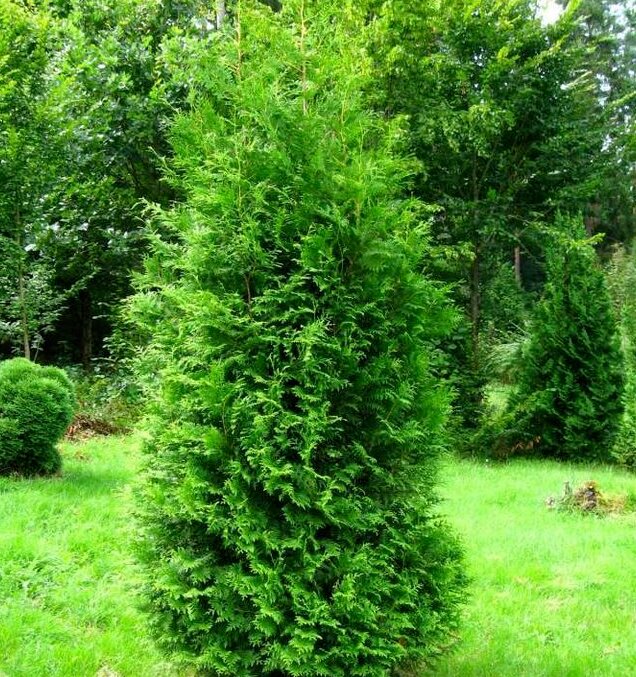
The cost is 299 rubles.
The shape of the crown is cone-shaped, dense. Green needles do not change color in winter.
Parameters (m): width - 1.7-2, length - 4.5-5. Annual growth (cm): diameter - 10-15, height - 30-40.
Preferably a bright, slightly shaded place. Thuja is undemanding to the composition of the earth: poor ones can be fertilized, heavy clay ones - add sand, make drainage.
Dry season - additional watering. Complex fertilizer - 1 time per year.
The optimal age of the seedling is 3-4 years. The first pruning takes place 2 years after planting.
Frost resistance - zone 4 (-37⁰С).
More about the variety:
- the needles do not burn out;
- dense form;
- any soil;
- is growing rapidly.
- not found.
Conclusion
A vegetable fence will help to make a shade in the summer, protect from prying eyes for a whole year. Blooming specimens will decorate, close the old fence, fill the air with aroma. Analyzing the ranking of the best hedge plants for 2022, you can choose the appropriate option for any conditions, at different costs.
new entries
Categories
Useful
Popular Articles
-

Top ranking of the best and cheapest scooters up to 50cc in 2022
Views: 131652 -

Rating of the best soundproofing materials for an apartment in 2022
Views: 127693 -

Rating of cheap analogues of expensive medicines for flu and colds for 2022
Views: 124520 -

The best men's sneakers in 2022
Views: 124034 -

The Best Complex Vitamins in 2022
Views: 121941 -

Top ranking of the best smartwatches 2022 - price-quality ratio
Views: 114981 -

The best paint for gray hair - top rating 2022
Views: 113396 -

Ranking of the best wood paints for interior work in 2022
Views: 110320 -

Rating of the best spinning reels in 2022
Views: 105331 -

Ranking of the best sex dolls for men for 2022
Views: 104369 -

Ranking of the best action cameras from China in 2022
Views: 102217 -

The most effective calcium preparations for adults and children in 2022
Views: 102012
